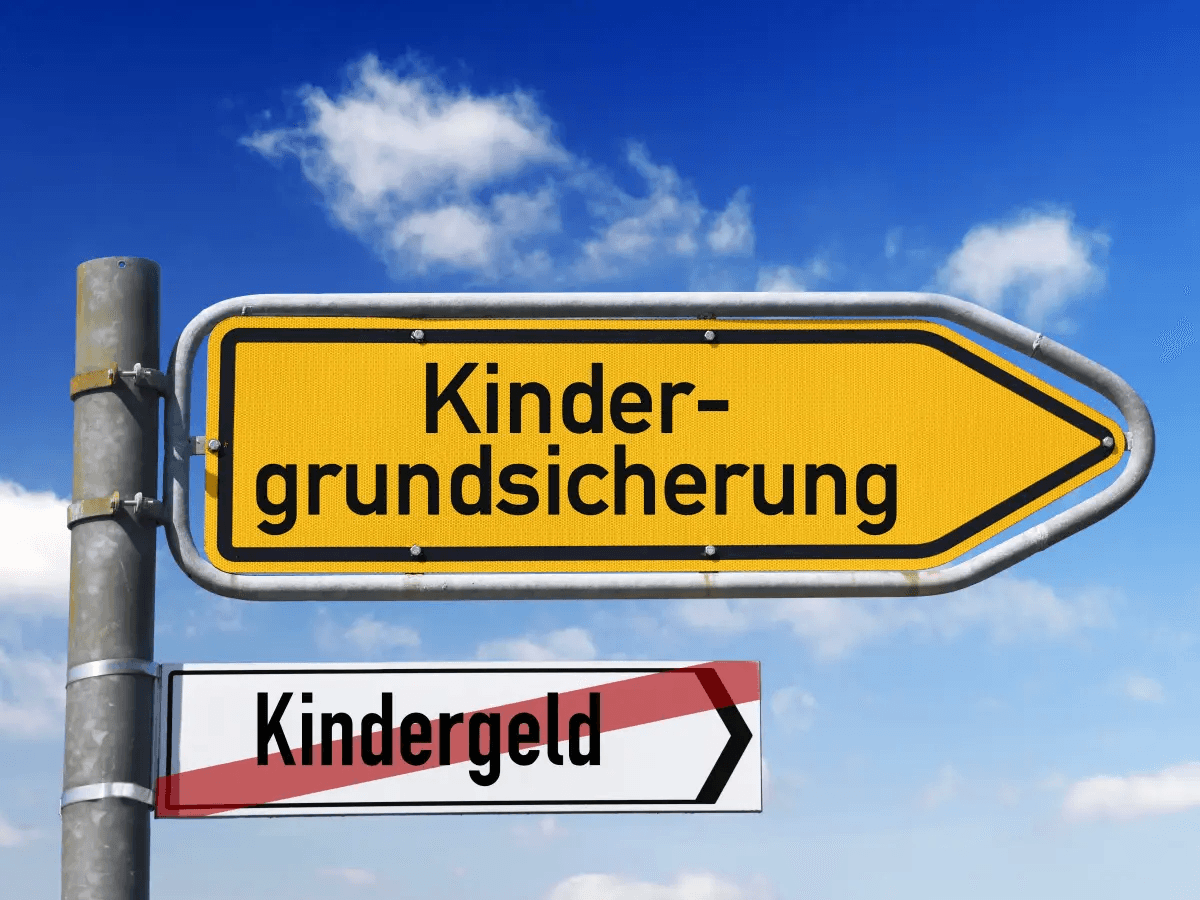What is Kindergeld: Claiming, eligibility, and tax benefits
Diana
Updated on:
Dec 25, 2025
Kindergeld serves as a fundamental financial aid for families in Germany. Whether you are a first-time parent or dealing with the nuances of tax benefits for children, knowing about Kindergeld and associated allowances can result in significant savings. This guide provides all the necessary information on Kindergeld, including eligibility requirements, application procedures, and important differences from other benefits such as the Kinderfreibetrag.
1. What is Kindergeld, and who is eligible?
Kindergeld is a monthly allowance provided to parents or guardians to support the financial burden of raising children in Germany. It is a universal benefit available to all German citizens and eligible residents, including EU nationals and third-country citizens meeting specific conditions.
Key eligibility criteria:
You must be a citizen or a resident of Germany. For example, Blue Card holders are eligible for Kindergeld.
The child must live in your household and be under 18 years old.
Payments can continue until the child turns 25 if they pursue education, training, or specific voluntary programs.
Exceptions apply for children with disabilities who cannot support themselves financially.
2. How to apply for Kindergeld
Applying for Kindergeld is straightforward and can be done online or via mail:
Fill out the application form available on the Federal Employment Agency’s website.
Submit the form with your and your child’s Steueridentifikationsnummer (tax ID).
You can also use the ELSTER to make a digital submission.
Applications should be made as soon as possible after the child's birth. Delays can lead to a loss of benefits, as payments are only made retroactively for up to six months.
3. Duration and conditions for receiving Kindergeld
Parents are entitled to receive Kindergeld:
Up to 18 years of age: Standard eligibility for all children.
Up to 21 years of age: If the child is unemployed and registered with a job center.
Up to 25 years of age: For children in education, training, or voluntary service.
Special rules apply for children unable to find an apprenticeship or those in transitional periods (up to 4 months) between school and training. Payments cease when these conditions are no longer met, or the child surpasses the age limits.
4. Kindergeld changes in recent years
The monthly Kindergeld amount depends on the year and number of children:
2026: €259 per child
2025: €255 per child
2024: €250 per child
2023: €250 per child
The amount is fixed regardless of the number of children, simplifying calculations for families.
5. Differences between Kindergeld and Kinderfreibetrag
Kindergeld and Kinderfreibetrag are two distinct mechanisms to support families, but they cannot be fully claimed together. Here's how they differ:
Kindergeld:
Direct monthly payment to parents.
Designed for immediate financial relief.
Kinderfreibetrag:
A tax exemption applied when calculating income tax.
Considered during the Günstigerprüfung (advantageous assessment), where the tax office determines whether the Kinderfreibetrag or Kindergeld provides a greater financial benefit.
The Kinderfreibetrag typically becomes advantageous for single parents at a gross annual income of around €39,000. For couples, this threshold is approximately €78,000.
6. Additional benefits: Kinderzuschlag and special bonuses
Families with low to moderate incomes may qualify for additional support beyond Kindergeld:
Kinderzuschlag
This is a supplementary benefit of up to €292 per month per child for families earning above the minimum income threshold but still unable to cover all living expenses. Key eligibility criteria include:
The child must be under 25 and live in your household.
Parents must earn at least €900 (couples) or €600 (single parents) monthly.
Families must not receive Bürgergeld.
Applications for the Kinderzuschlag can be submitted to the Familienkasse along with a Kindergeld claim.

7. Changes for 2026: Kindergeld updates and reforms
Starting in 2026, Kindergeld will increase to €259 per child, marking another (baby-) step in Germany's ongoing support for families.
Additionally, the proposed Kindergrundsicherung aims to combine Kindergeld, Kinderzuschlag, and other benefits into a unified system. While this reform is still under development, it promises to simplify the application process and enhance support for low-income families.
What comes next?
After applying for Kindergeld, it’s essential to keep your information up to date with the Familienkasse. Notify them of any changes, such as:
Moving to a new address.
Changes in your child's educational status.
Adjustments in custody or household arrangements.
Norman simplifies the complexities of family benefits and tax filing in Germany. Norman’s tools streamline the process, whether you’re receiving Kindergeld, managing receipts, or optimizing your taxes with the Kinderfreibetrag.
Ready to simplify your finances? Explore Norman now!

